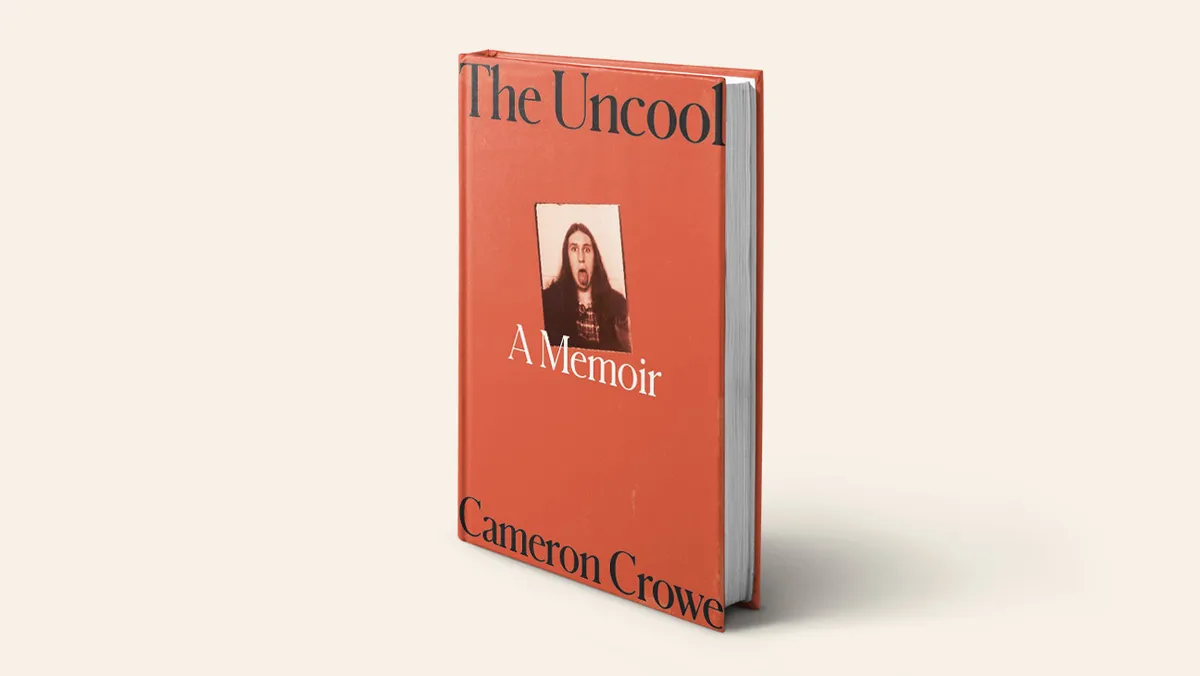
Cameron Crowe’s new memoir, The Uncool, offers an insightful journey into his transformative years as a wunderkind rock journalist for Rolling Stone and other notable publications. Throughout the memoir, Crowe reflects on his experiences capturing the essence of the 1970s rock scene, featuring iconic artists such as David Bowie, Led Zeppelin, and Joni Mitchell. This compelling narrative not only showcases his time in the music industry but also marks the beginning of Crowe’s illustrious career in Hollywood.
After taking a hiatus from journalism, Crowe embarked on an unconventional project that required him to pose as a high school student in San Diego. This experience would later inspire his book, which evolved into the classic film, Fast Times at Ridgemont High. Crowe spent 1979 immersed in the life of a teenager, yet when it came time to write, he faced significant hurdles in finding a starting point. His initial efforts resulted in a daunting pile of research and yellow legal tablets, lacking a cohesive direction.
In a moment of familial collaboration, Crowe read his chapters aloud to his parents, which led to his mother’s suggestion of breaking the stories into smaller, more digestible chapters. This family endeavor transformed the writing process, allowing Crowe to distill his thoughts into succinct narratives. Initially titled Stairway to Heaven as an homage to Led Zeppelin, the manuscript eventually found its way to a young editor named Susan Bolotin, who recognized its humor and potential, ultimately leading to its publication under the title Fast Times at Ridgemont High.
Excited to share his work, Crowe packaged a copy of his book and sent it to the reclusive author J. D. Salinger, accompanied by a heartfelt letter requesting an interview. Unfortunately, the package was returned unopened, with Salinger’s initial scrawled across the rejection notice. This experience fueled Crowe’s determination to connect with other cultural figures, leading him to send letters to notable personalities, many of whom responded with signed copies of their books, including Richard Nixon, Jimmy Carter, and Ronald Reagan.
As Fast Times at Ridgemont High was optioned for a film adaptation, Crowe found himself working alongside producer Art Linson, who recognized Crowe’s potential as a screenwriter. Linson’s background in the rock industry proved invaluable, and he guided Crowe through the intricacies of screenwriting. The search for a director led to an interesting encounter with David Lynch, who ultimately declined the opportunity, paving the way for Amy Heckerling to take the helm.
Heckerling’s vision aligned perfectly with Crowe’s narrative, focusing on the teenage experience from a youthful perspective, as opposed to an adult-centric viewpoint. The film's production unfolded with a sense of secrecy, even as it competed with larger films such as The Best Little Whorehouse in Texas. Crowe was actively involved in the casting process, which ultimately introduced Sean Penn as the iconic character Jeff Spicoli, a role that would define both the film and Penn’s early career.
Despite initial skepticism from studio executives, who believed a film about high school kids would flop, Fast Times at Ridgemont High found its audience. After a disappointing test screening, Crowe and the team braced for failure. However, as the film premiered, it resonated with teenagers, leading to enthusiastic responses and repeat viewings. The success not only revitalized Crowe’s career but also significantly impacted the Vans shoe brand, which became closely associated with the film's characters.
As Crowe's journey continued, he found himself navigating Hollywood alongside contemporaries like John Hughes, who would soon dominate the teen film genre. Their paths crossed in unexpected ways, with Crowe reflecting on the shared experiences of writing stories that captured the essence of youth and the complexities of social dynamics. This period marked a significant transition for Crowe, shifting from a music journalist to an influential screenwriter.
Cameron Crowe’s The Uncool serves as a captivating memoir that intertwines his experiences in both the music and film industries. It highlights the transformative power of storytelling, the impact of youth culture, and the unexpected connections that shape a career. For fans of rock music and classic teen cinema, Crowe's memoir offers a unique window into the era that defined a generation.